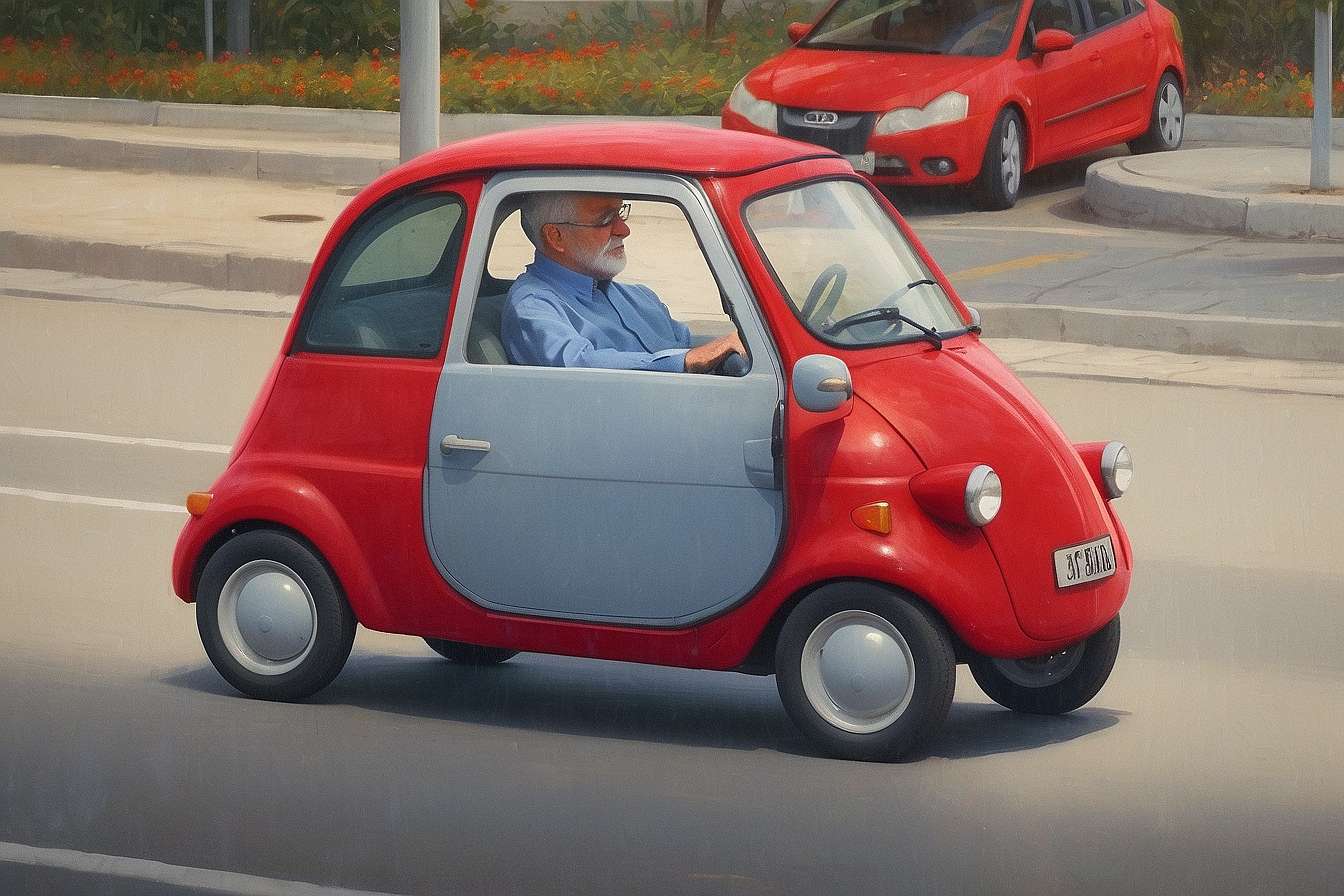Did You Know You Can Get a Free Car in the U.S.? Discover How Vehicle Donations Work
In the United States, thousands of people receive a donated car each year through charitable programs aimed at those facing financial hardship. Some of these initiatives allow you to apply for a car without needing to show a fixed income, and they are available in various regions of the country, including the Bay Area. The conditions and access methods may vary depending on the organization in charge and the specific criteria outlined in their internal policies.

What Are Car Donations and Why Do They Exist in the U.S.?
Car donation programs emerged as a response to growing transportation inequality in America. These initiatives connect generous vehicle owners with families who desperately need reliable transportation but lack the financial means to purchase a car. Charitable organizations facilitate this process by accepting donated vehicles from individuals and businesses, then redistributing them to qualified recipients based on specific criteria.
The programs exist because reliable transportation is often the key to breaking cycles of poverty. Without a vehicle, many Americans struggle to maintain steady employment, access healthcare, or pursue educational opportunities. Research shows that car ownership significantly increases employment rates and earning potential among low-income households, making these donation programs vital community resources.
How to Apply for a Free Car If You’re in Financial Difficulty
Applying for a donated vehicle typically involves demonstrating financial need and meeting specific eligibility requirements. Most programs require applicants to provide documentation of their income, employment status, and family situation. Common requirements include having a valid driver’s license, proof of insurance capability, and demonstrated need for transportation to work, school, or medical appointments.
The application process usually begins with completing detailed forms that outline your circumstances and transportation needs. Many organizations also require letters of recommendation from employers, social workers, or community leaders who can attest to your character and genuine need. Some programs may conduct home visits or interviews to better understand applicants’ situations and ensure vehicles go to those who will benefit most.
Car Donation Programs in the Bay Area and Other Cities
Major metropolitan areas like the San Francisco Bay Area host numerous vehicle donation programs through local nonprofits, religious organizations, and community groups. Organizations such as Vehicles for Change, Cars4Christmas, and Working Cars for Working Families operate in various cities, each with unique approaches to vehicle distribution.
In addition to Bay Area programs, cities across America offer similar services. Los Angeles, Chicago, New York, and Atlanta all have established networks of car donation programs. Many operate through partnerships with local mechanics who volunteer their services to ensure donated vehicles are safe and roadworthy before distribution.
What Kind of Cars Are Donated and How the Selection Process Works
Donated vehicles range from older economy cars to nearly new sedans and SUVs. Most programs accept vehicles that are at least roadworthy or can be made safe with minor repairs. Common donations include family sedans, compact cars, and occasionally pickup trucks or vans suitable for larger families or specific work needs.
The selection process for recipients typically involves reviewing applications, verifying need, and matching available vehicles with appropriate families. Priority often goes to single parents, elderly individuals, people with disabilities, or those who have recently secured employment but lack transportation. Organizations may also consider factors like family size when determining which vehicle best suits each recipient’s needs.
Conditions Rules and Examples of Charitable Vehicle Policies
Most car donation programs establish clear policies governing vehicle receipt and ongoing responsibilities. Recipients typically must maintain valid insurance, keep vehicles in reasonable condition, and use them primarily for work, education, or essential needs rather than recreational purposes. Some programs require monthly check-ins or progress reports to ensure vehicles continue serving their intended purpose.
Many organizations also implement fairness policies, such as limiting recipients to one donated vehicle per household or requiring waiting periods between applications. Some programs offer additional support services, including basic automotive maintenance training, insurance assistance, or connections to affordable repair services to help recipients maintain their vehicles long-term.
| Program Type | Geographic Coverage | Typical Requirements | Processing Time |
|---|---|---|---|
| Local Church Programs | City/County Level | Income verification, congregation member preferred | 30-60 days |
| National Nonprofits | Multi-state regions | Employment verification, valid license | 60-90 days |
| Community Organizations | Regional coverage | Letters of recommendation, home visit | 45-75 days |
| Government Partnerships | State-specific | Social services referral, documented need | 90-120 days |
Processing times and requirements mentioned in this article are estimates based on typical program operations and may vary significantly between organizations. Independent research of specific programs in your area is advised before applying.
The impact of car donation programs extends far beyond simple vehicle transfers. Recipients often report improved employment stability, better access to healthcare, and enhanced quality of life for their families. These programs demonstrate how community generosity can create lasting positive change, transforming both donated vehicles and recipient lives. For those facing transportation challenges, researching local car donation programs may open doors to opportunities that seemed previously unreachable, while for potential donors, these programs offer meaningful ways to make lasting community impacts.




